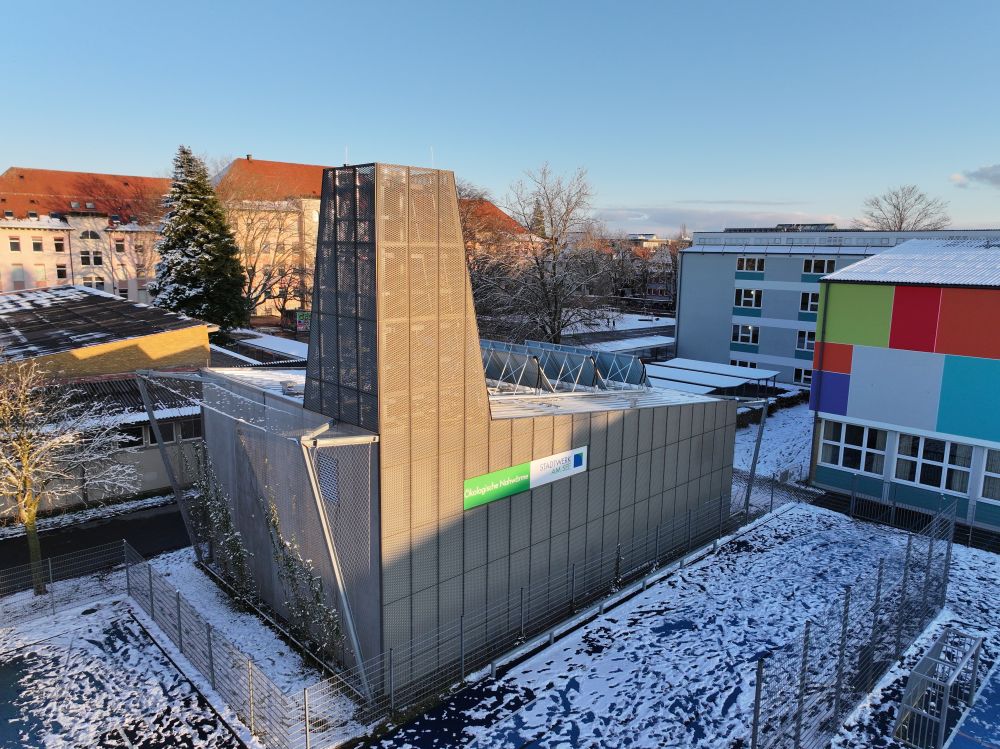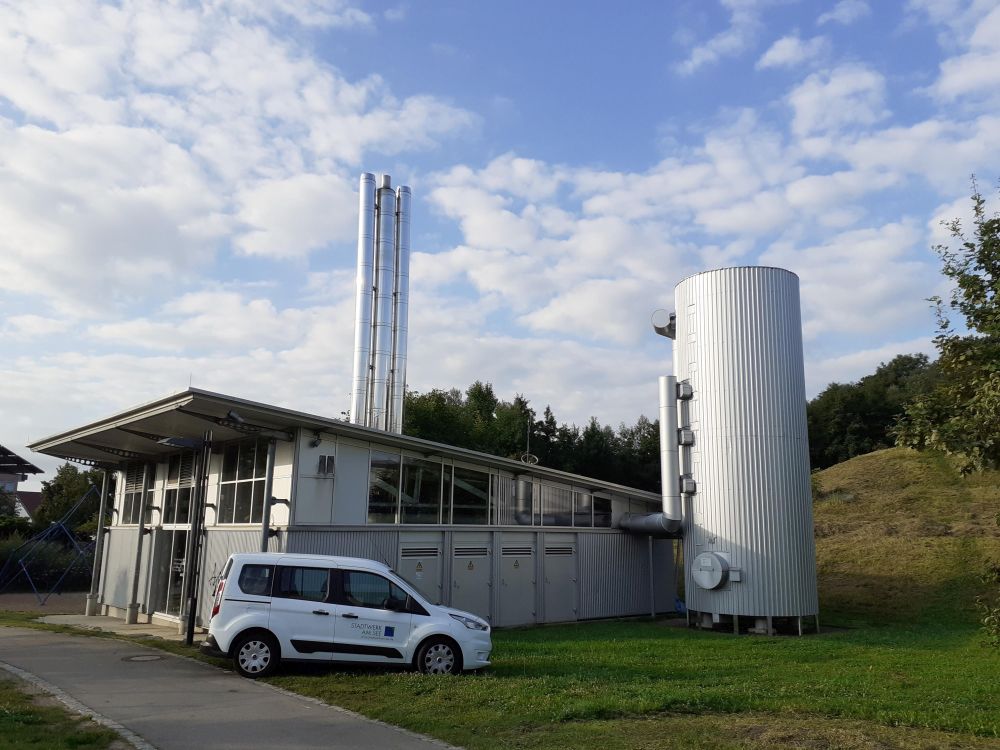| Duration: | 01/2024 - 12/2026 |
| Contracting Authority/ Sponsors: | German Federal Ministry of Economic Affairs and Climate Action (BMWK), Applied non-nuclear research funding in the 7th Energy Research Program: »Innovations for the energy transition« Focus: I. Energy use - »Building the energy transition«, Projektträger Jülich, Fachbereich ESN 3 |
| Project Partners: | Hochschule für angewandte Wissenschaften München: CENERGIE – Forschungsinstitut für energieeffiziente Gebäude und Quartiere, Danpower Energie Service GmbH, Drees & Sommer SE, Stadtwerke Pfaffenhofen a.d. Ilm und Stadtwerk am See GmbH & Co. KG |
| Project Focus: |
TrafoWärmeNetz - Use of Heat Pumps for the Transformation of Heating Networks


Small and medium-sized existing district heating networks are largely supplied by fossil gas-fired combined heat and power (CHP) plants. The upcoming transformation of the generation sites to heat pump-based systems is associated with major challenges. On the one hand, significantly lower CO2 emissions are to be generated, and on the other hand, there will be changes in the supplied heating networks due to renovation, redensification and the connection of new areas.
The »TrafoWärmeNetz« project provides support here with know-how by building up and bundling technical and planning knowledge across all service phases in accordance with the Fee Structure for Architects and Engineers (HOAI) in one tool. This enables a systematic and standardized conversion process with consistent comparability of individual projects.
The »TrafoWärmeNetz« project designs transformation strategies and solutions for typical existing heating networks in the small and medium power range (approx. 300 kWth to approx. 10 MWth). The strategies developed are systematized and evaluated in terms of technical feasibility, CO2 reduction and energy-economic feasibility.
One focus is on the question of where hybrid systems make sense and in which situation the conversion to electricity as a monoenergetic system is expedient in terms of operational safety, investment planning and grid-side restrictions.
Technically, there are many possibilities for the transformation of combined heat and power plants (CHP) based heating networks. For example, several heat generators can be used in the energy center (CHP, heat pump) and hydraulically interconnected or different heat sources (e.g., waste heat from industry, commerce, data centers or environmental heat from air or surface waters as well as geothermal energy) can be used. Heat storage continues to be a central element of the possible solutions being pursued. The numerous technical possibilities will be analyzed as part of the project and evaluated regarding various criteria at a central point in a tool to be developed with the partners.
The implementation of the transformation plans in the district heating supply companies is to be standardized and accelerated based on the results of the project.
A particular challenge in the design and further development of grid-connected heat supply systems is the integral mapping of all related technical system components, the framework conditions at municipal level and the energy industry interrelationships. The project therefore aims to create a planning tool with which the interaction of a large number of evaluation criteria can be reflected at a central point.